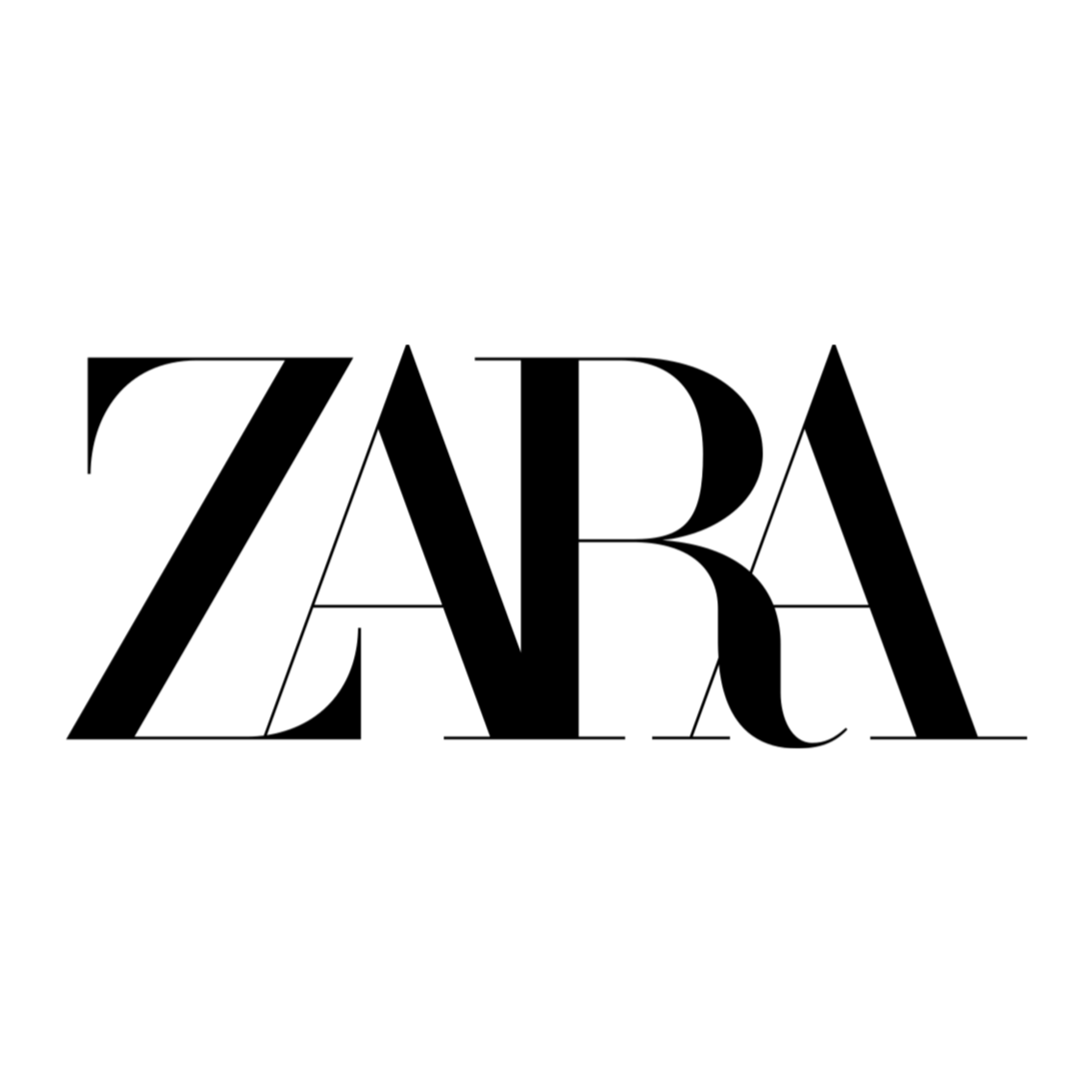
Primark
What do people say about Primark?
Primark's perception in the United Kingdom is predominantly negative, with consumers and commentators frequently criticizing it for low-quality products and ethical concerns related to fast fashion practices. While it is recognized for its affordability and wide accessibility, these positives are overshadowed by worries regarding sustainability, labor conditions, and the environmental impact of its production methods. The brand's attempts to balance low pricing with quality and responsibility appear insufficient to improve public opinion significantly. There is a clear divide between those who appreciate Primark's value proposition and those who dismiss it as a symbol of irresponsible consumerism. Overall, Primark struggles to shake off an image of cheapness that comes at a high moral and environmental cost.
Where are the conversations happening?
The most critical discussions about Primark typically occur in consumer advocacy forums, environmental watchdog reports, and ethical fashion critique platforms. Mainstream news channels in the UK often highlight Primark in stories about fast fashion's negative impact rather than celebrating its business model. Fashion industry analyses scrutinize its supply chain ethics and sustainability efforts, which are often found lacking. Social media channels and consumer reviews likewise express dissatisfaction with product quality and corporate responsibility. These channels collectively contribute to a predominantly critical perception of Primark, with few outlets presenting a wholly positive view.
What are the topics trending around Primark?
Discussions about sustainable fashion, ethical labor practices, and the environmental impact of fast fashion are trending topics near Primark, alongside debates about affordability versus responsibility in retail.
Why are these topics trending?
These topics are trending because consumers and advocacy groups are increasingly demanding transparency and accountability from retailers like Primark. The fast fashion industry's environmental footprint and labor practices are under intense scrutiny, which directly affects Primark due to its business model focused on low prices and high volume sales. Public discourse and media coverage around these issues influence consumer behavior and regulatory pressure, making them highly relevant to Primark's ongoing reputation challenges.
How is Primark being talked about?
Detailed breakdown of public sentiment and conversations about this entity.
Impact vs Sentiment
See how each entity's high impact percentage relates to their positive sentiment percentage from actual mentions.




